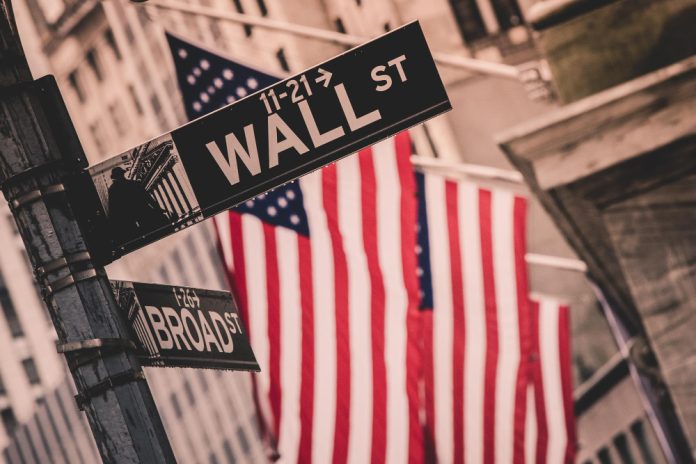The stock market saw a slight increase on Wall Street, accompanied by a rise in Treasury yields, following a better-than-expected U.S. jobs report. On Friday, the S&P 500 increased by 0.2%, with the Dow Jones Industrial Average rising by 8 points and the Nasdaq composite increasing by 0.4%. The surprisingly strong job growth in March is seen as a positive sign for the economy but could complicate the Federal Reserve’s decisions regarding interest rates. While Wall Street anticipates the central bank to begin cutting interest rates in June, strong economic data and concerns about inflation may lead the Fed to hold off on rate cuts.
Before the opening bell, futures for the Dow Jones Industrial Average rose by 0.3%, while S&P 500 futures were up by 0.4%. This comes after a week of sell-offs, triggered by comments from a Fed official suggesting that no interest rate cuts would be delivered this year if inflation worsens.
The Federal Reserve has been working to cool the economy and bring down inflation, but recent data has shown hotter-than-expected results. Despite this, the job market continues to perform better than anticipated, even amidst a series of interest rate hikes by the Fed.
Economists are expecting a slowdown in March hiring, with forecasts indicating that the U.S. economy added approximately 200,000 jobs, down from the 275,000 new jobs added in February. Traders have significantly reduced their predictions for interest rate cuts by the Federal Reserve this year, from six cuts at the start of the year to three more recently, aligning more closely with Fed officials’ expectations.
In energy markets, oil prices remained relatively stable, with benchmark U.S. oil trading close to Thursday’s closing price of $86.59 a barrel. Brent crude, the international standard, rose slightly to $90.78.
In Europe, France’s CAC 40 and Germany’s DAX each declined by 1.4%, while Britain’s FTSE 100 dropped by 1%. In Asia, Japan’s benchmark Nikkei 225 fell by 2.0%, Sydney’s S&P/ASX 200 slipped by 0.6%, South Korea’s Kospi dropped by 1.0%, and Hong Kong’s Hang Seng remained relatively unchanged.
Tensions in the Middle East have contributed to a sense of pessimism, but some analysts believe that the Fed may still cut rates at least once later this year. Tan Jing Yi at Mizuho Bank in Singapore noted signs of cooling in economic activity and conditions for sustained wage pressures, suggesting that a rate cut may be warranted.
In currency trading, the U.S. dollar edged up to 151.38 Japanese yen from 151.30 yen, while the euro fell slightly to $1.0835 from $1.0841.
Featured Image: Freepik @ wirestock

















